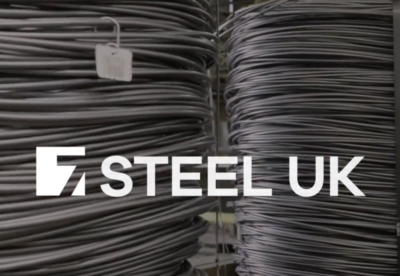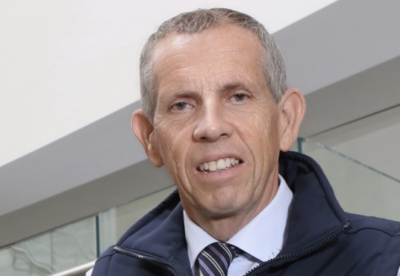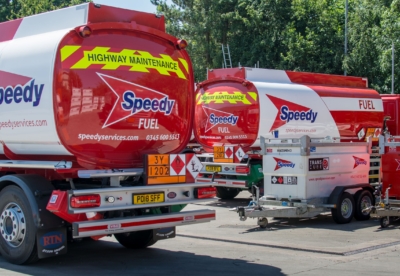On test projects for HS2, monitoring the concrete core was achieved by casting sacrificial thermocouple wires into the concrete.
These were attached to transmitters secured on the formwork outside of the concrete which linked to an online portal, giving real-time data on the internal temperature and curing rate.
Initially, data from the monitors was compared to the cubes taken and tested using the traditional cube crush method.
The monitoring revealed that concrete was curing at a faster rate than showed by the standard industry concrete cube crush test due to greater heat generated in the larger mass.
Octavius was able to remove formwork up to five days sooner than would have been the case with cube crush tests.
One other factor in the net time saving came from entirely eliminating the delay in waiting for lab test availability and results on test cubes.
Excluding initial investment in transmitter boxes, the estimated cost of using the monitoring method is around £20 per pour, compared to £250 for a set of three cubes.
To create a reliable and representative set of results, multiple probes were used for each pour.
For small pours up to 20m3, three probes were found to be adequate. Four were needed for pours up to 150m3 and six or more for larger structures.

.gif)



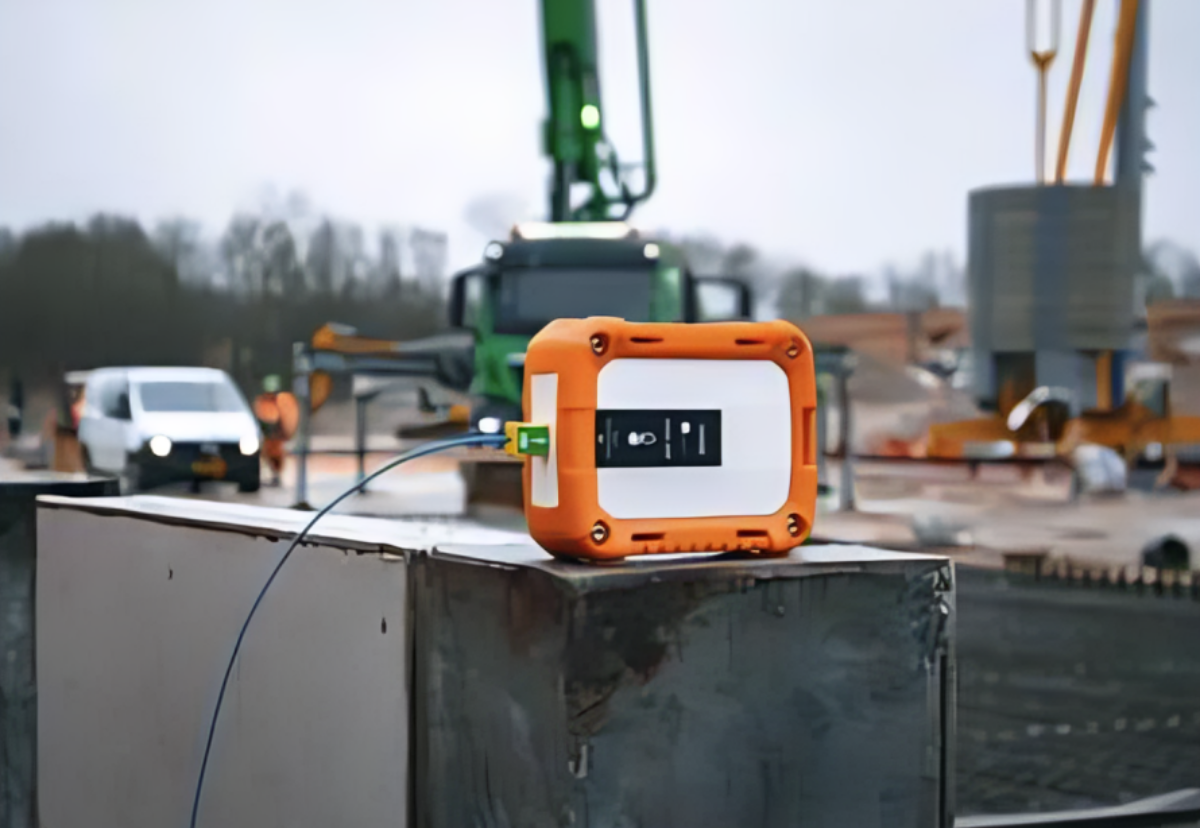



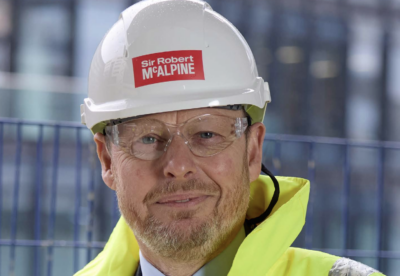
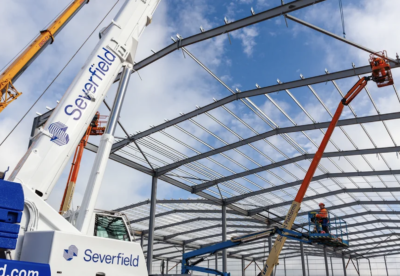
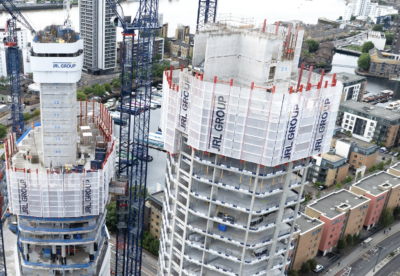
 (300 x 250 px).jpg)
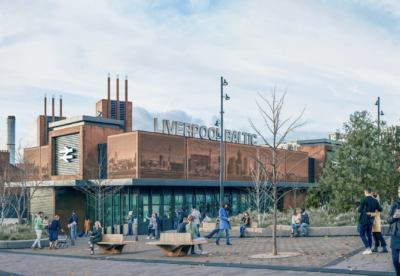
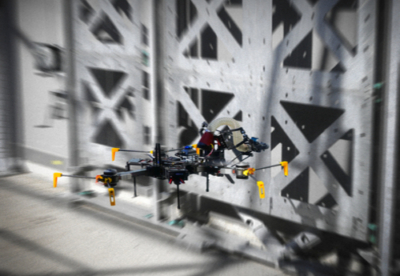


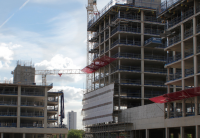

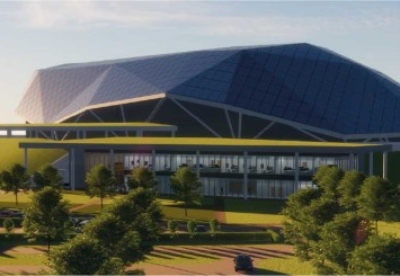

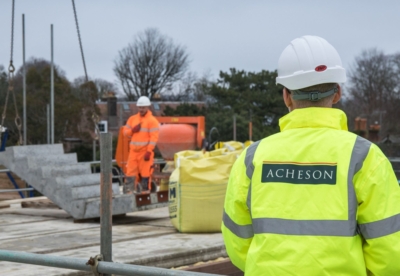
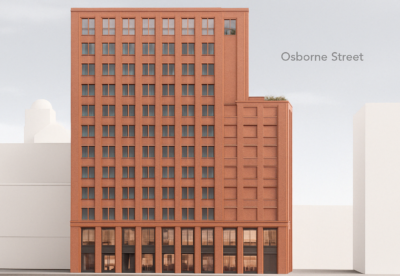


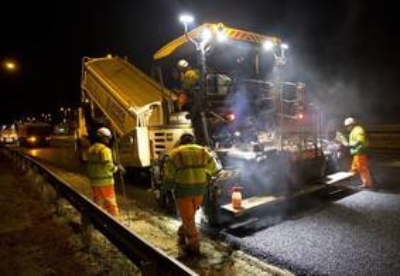


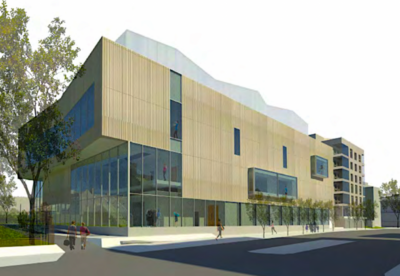
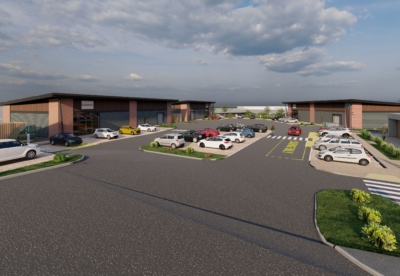

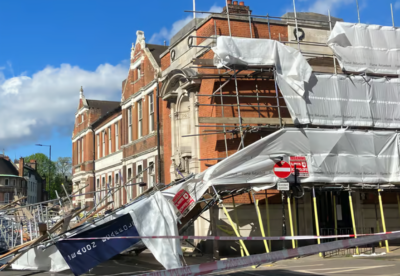
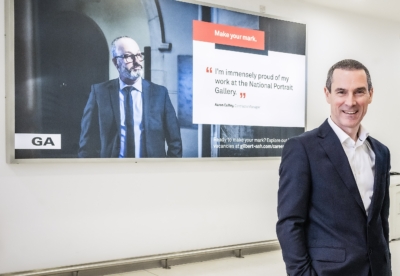
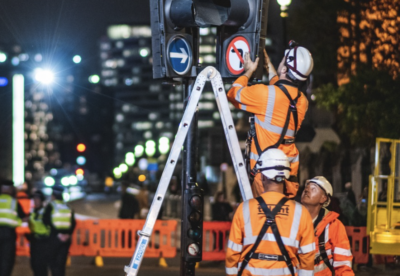



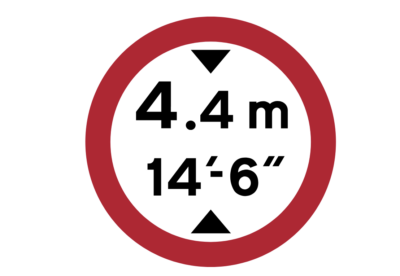
.gif)
